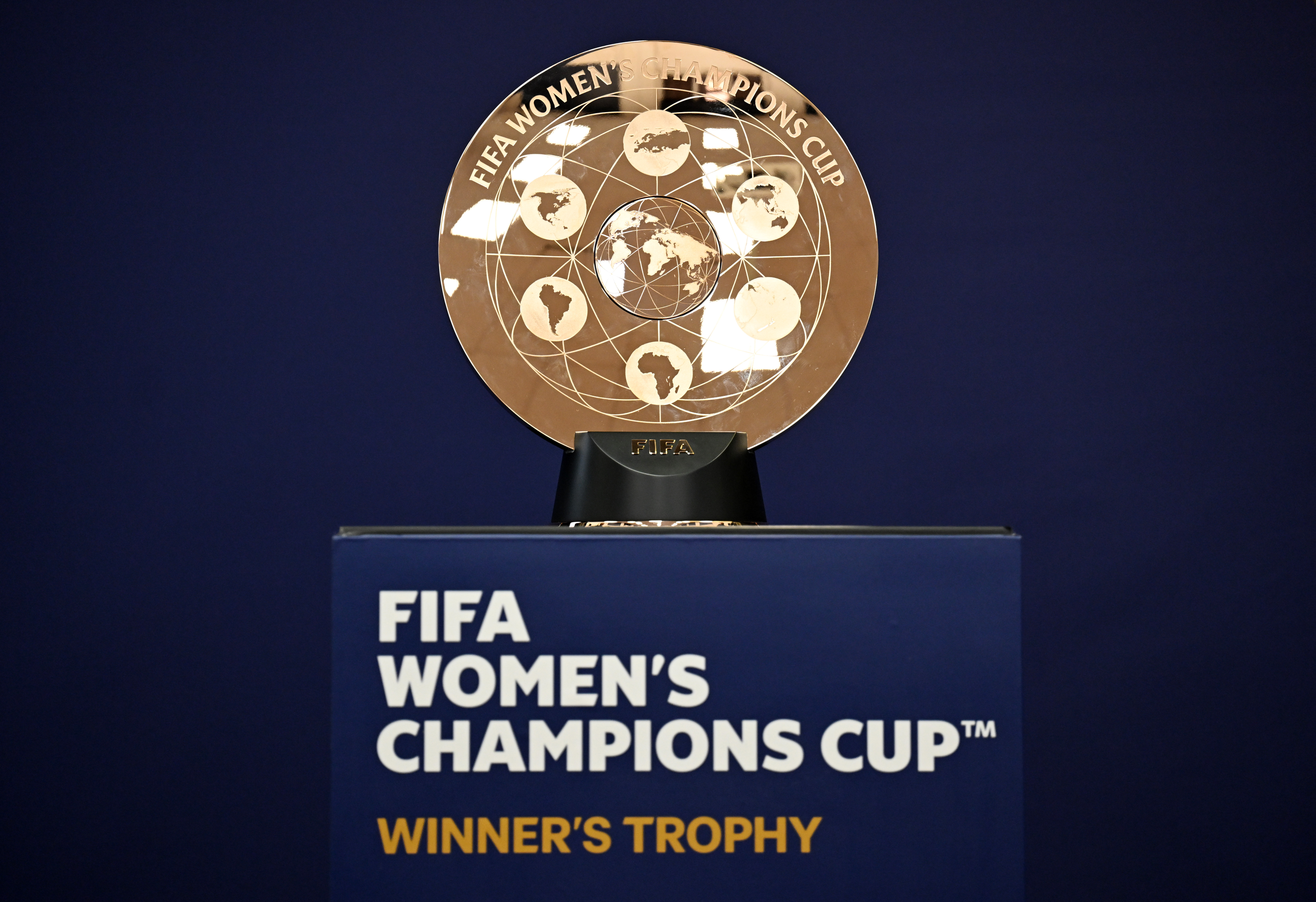Wingers: Wide, glorious and daft
If goalkeepers are crazy, wingers must be a bit daft.
The thought occurred to me last weekend, watching No.11 Anthony Gale, son of West Ham old boy Tony Gale, create two goals as Walton Casuals beat Merstham 3-1 in the Ryman League Division 1 South.
Gale Jr had been barracked by Casuals fans because, apparently oblivious to the effect on the teamâÂÂs shape, he constantly drifted in from the left flank to central midfield.
That left a prairie or two of space from which Merstham raided at will (the visitors should have been 4-1 up at half-time, not trailing 2-1) and confusing his team-mates who kept passing into the space where Gale would have been if heâÂÂd stayed out wide.
But all was forgiven as Gale struck two superb free-kicks for Nick Burton to head home. Merstham never recovered from the shock.
I can sympathise with Gale Junior. The sheer social isolation of life on the wing, hugging the touchline in the hope your colleagues will remember to pass to you, is too much for many wide men.
Rinus Michels, in his seminal book Teambuilding, complements David Beckham for his ability to cross the ball with feeling and his discipline in staying out wide.
The best features, fun and footballing quizzes, straight to your inbox every week.
But as BeckhamâÂÂs star rose, the idea that he was a gifted, but marginal, influence on a match gnawed at him and he became a frustrated midfield general, often rushing into the centre and discombobulating the team.
Doing what he does best...
Like Gale Jr, Beckham is an unusual winger in that he doesnâÂÂt have a trick with which to beat a full-back.
Such majestic egoists as Tom Finney and Stanley Matthews had the swerve, the dribble, and the change of pace to torture any defender. The England selectorsâ distrust of Matthews seems bizarre now but Andy Roxburgh, UEFAâÂÂs technical director, can probably understand it.
Wingers are soloists with their own muses, wide boys who can play as if they have their eyes wide shut, and some degree of inconsistency is the price of their trade.
As Roxburgh says: âÂÂIn the old days, you had what I call the âÂÂlazy wingerâ who might have one good game in three or five. The crowd loved them but they were the kind of players who could get a manager the sack.âÂÂ
Neither Matthews nor Finney were lazy but even the latter, as great as he was, could over-elaborate.
Matthews and Finney so terrorised Portugal in a 1947 friendly that the Portuguese, in John MoynihanâÂÂs fine phrase, âÂÂmelted away with tears in their eyesâ and lost 10-0. But even Finney and Matthews couldnâÂÂt guarantee to be that gloriously destructive every game.
So Sir Alf Ramsey â either because of the rationale outlined by Roxburgh or because truly great wingers were scarcer in England in the 1960s â preferred to give the No.7 and No.11 shirts to roving midfielders.
1965: Fleet-footed Matthews outfoxes Fulham
Even Brazil have not always cherished their wingers. The great Garrincha notoriously almost missed the 1958 World Cup because the team psychologist, after contemplating a few of the wingerâÂÂs stick drawings, decided he was mentally sub-normal.
Luckily, Brazil coach Vicente Feola ignored the psychologist and picked the Little Bird for the third vital group game against the USSR. The selecao won 2-0 with Garrincha simply glorious.
If anything, he was even greater in 1962 when, with Pele struggling for fitness, he almost won the World Cup on his own. Yet his team-mate Mario Zagallo later admitted: âÂÂGarrincha was too unpredictable, even for us his team-mates.âÂÂ
Bill Shankly once told a player: âÂÂThe trouble with you son is all your brains are in your head.âÂÂ
Most wingers, even the best ones, seem to think with their feet, their ability to enthral and appal perfectly captured by one Partick Thistle fanâÂÂs comment on Denis McQuade: âÂÂAn eccentric winger from the 1970s. He would beat five players in a mazy dribble and miss an open goal.âÂÂ
There are many wing commanders in the game today but they no longer have a kingdom of their own â a domain that once stretched from the halfway line down the flank to the opposing penalty area â and donâÂÂt have the same licence to dribble.
One glorious exception is Arjen Robben, who symbolised the perversity of the breed by being both sublime and ineffective against Liverpool.
There are few things in football quite as thrilling as watching a player like Aidan McGeady or Theo Walcott run at defenders with the ball at their feet and Robert Pires has brilliantly analysed the tricks of the trade.
But in a utilitarian game, coaches may prefer to rely on wide players like Beckham who has made an immense virtue of his own deficiency by perfecting the art of the pass, the cross and the set piece.
Much like Anthony Gale at Walton Casuals.
Walcott bamboozles Bolton...
---------------------------------------------------
FourFourTwo.com: More to read...
More Professor Champions League blogs
Blogs Home
Champions League News
News Home
 Join The Club
Join The Club





